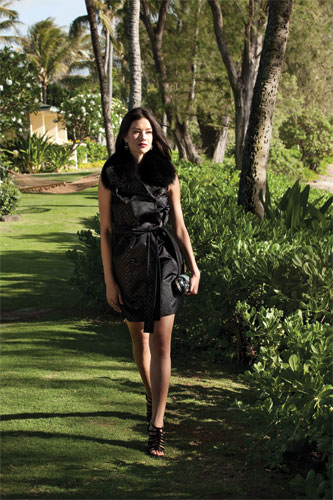
When considering luxury brand pricing strategy, the concept of “Price Upon Request” is intriguing, and often irresistible, for marketers. You see it most often in real estate and high fashion advertising.
In the real estate world, the PUR technique is often required by the seller, who simply doesn’t want the nosy neighbors to know what that seller thinks that their house is worth. But, for the listing agent, there is a more sinister purpose of the use of the term — to create the impression that the listing is so unique and special that talking about the price is somehow inappropriate.
In fashion, the term may be used because the pricing of the new item has not even been determined by press time, especially if it’s a hot-off-the-runway creation. But, it also creates a feeling of forbidden fruit.
The New York Times wrote about the use of “price upon request” in fashion magazines five years ago and did their best to explain the use of the term, including in their own fashion supplement.
In their story, they seem to question the effectiveness of the practice:
But magazine editors still want to show the sexier stuff. It is not surprising, then, that readers have noticed a disconnect between what is promoted in magazines and what appears in stores, and wonder if “price upon request” is out of control.
So, do the luxury marketers of the world use the term to manipulate the target’s desire for an item that just might be desired because it is “out of reach” financially?
We know from our own affluent consumer research that the more money people have, the more they wish to acquire those things that they believe they cannot have. That’s where the concept of Limited Editions come from.
We have counseled clients targeting Ultra High Net Worth (UHNW) customers to restrict access to pricing information in order to drive deeper interest and to reinforce the scarcity of the product. The results of those efforts have been overwhelmingly positive.
We know this particular luxury brand pricing strategy works for the most exclusive products on earth, but does it work in high-end fashion intended for mass retail? Does it generate interest and desire for real estate? If the seller keeps the price a secret from the potential buyer, do they want it more?
The answer is yes.